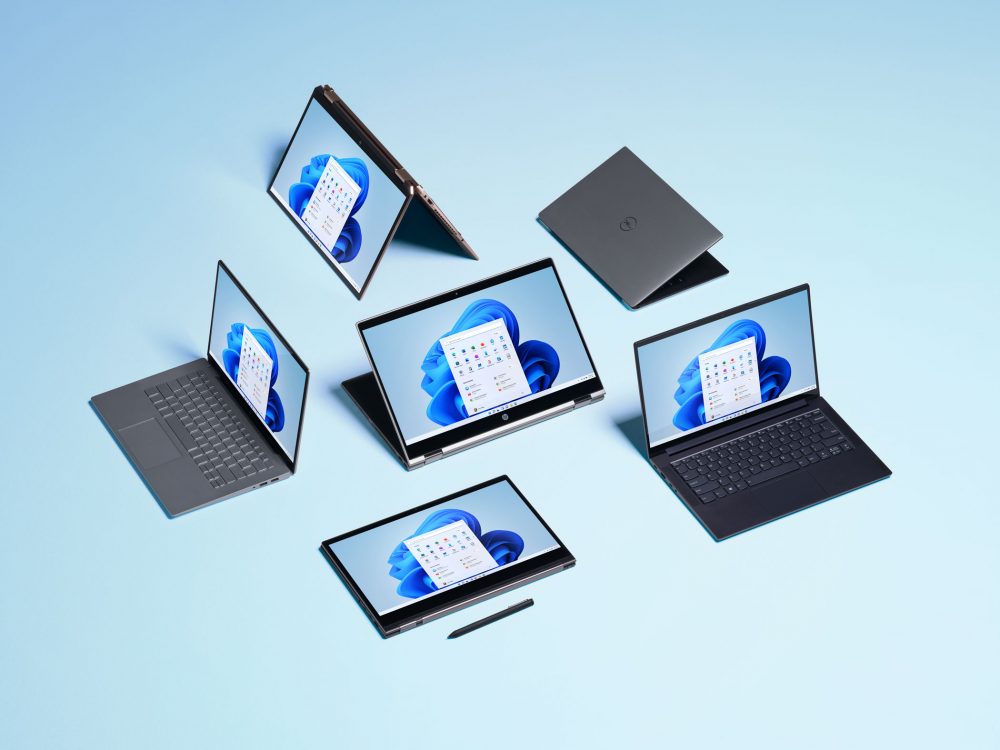Microsoft’s free Windows 11 upgrade is now a CPU controversy as company flip-flops on requirements
The company said that only 8th generation processors will be supported, but now is testing Intel 7th generation and AMD Zen 1 devices

Microsoft has changed the requirements for its new operating system, Windows 11, after huge controversy that the new update will lock out many devices without niche security capabilities.
The software giant had originally said that computers running Windows 11 would require a Trusted Platform Module (TPM) 2.0 chip. This is a security chip mostly used in professional notebook machines and desktops to store and protect passwords and encryption keys.
“Devices that do not meet the hard floor cannot be upgraded to Windows 11”, Microsoft originally wrote, “and devices that meet the soft floor will receive a notification that upgrade is not advised”. The soft floor included a TPM 1.2 chip, which has been used since 2005.
It also required eighth generation and newer Intel Core processors, Apollo Lake, and newer Pentium and Celeron processors. This requirement meant that even some of Microsoft’s own computers, including the Surface Pro tablets, the Surface Hub, and the Surface studio, would not be able to run Windows 11. Apple’s macOS, by contrast, supports devices from as far back as 2013.
Now, however, Microsoft has said that 7th generation processors might be able to run Windows 11. “We are confident that devices running on Intel 8th generation processors and AMD Zen 2 as well as Qualcomm 7 and 8 Series will meet our principles around security and reliability and minimum system requirements for Windows 11”, the company said in a new blog post.
“As we release to Windows Insiders and partner with our [manufacturers], we will test to identify devices running on Intel 7th generation and AMD Zen 1 that may meet our principles.”
Further muddying the waters is that the Windows 11 preview, which is available today, does not require a TPM 2.0 chip nor specific CPUs to run – and Microsoft says it will be using that data to inform “any adjustments we should make to our minimum system requirements in the future”.
Microsoft’s PC Health Check app, which the company recommended to tell if a particular computer could run Windows 11, has also been temporarily removed until Autumn.
The tool “was not fully prepared to share the level of detail or accuracy you expected from us on why a Windows 10 PC doesn’t meet upgrade requirements”, Microsoft said, despite presumably planning the tool, and the launch, for months. Microsoft did not respond to a request for comment from The Independent before time of publication.
Subscribe to Independent Premium to bookmark this article
Want to bookmark your favourite articles and stories to read or reference later? Start your Independent Premium subscription today.

Join our commenting forum
Join thought-provoking conversations, follow other Independent readers and see their replies